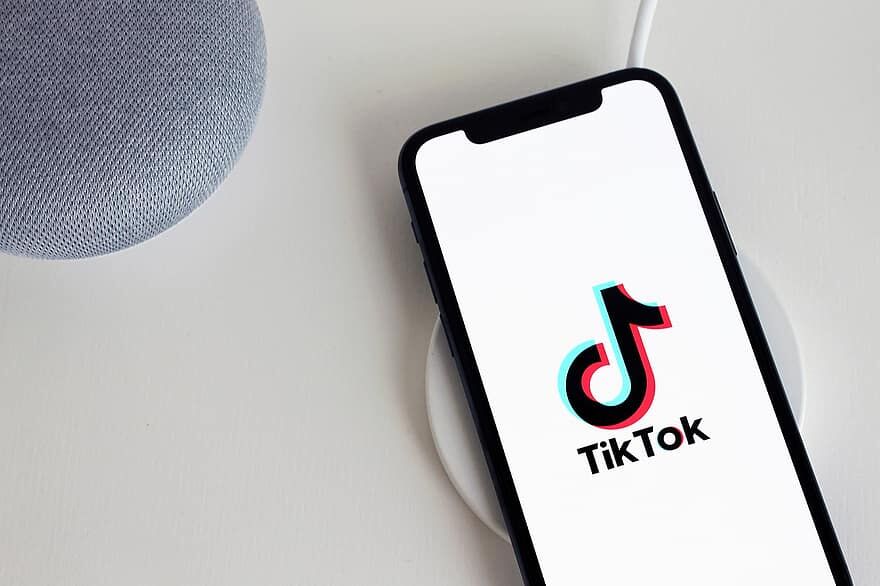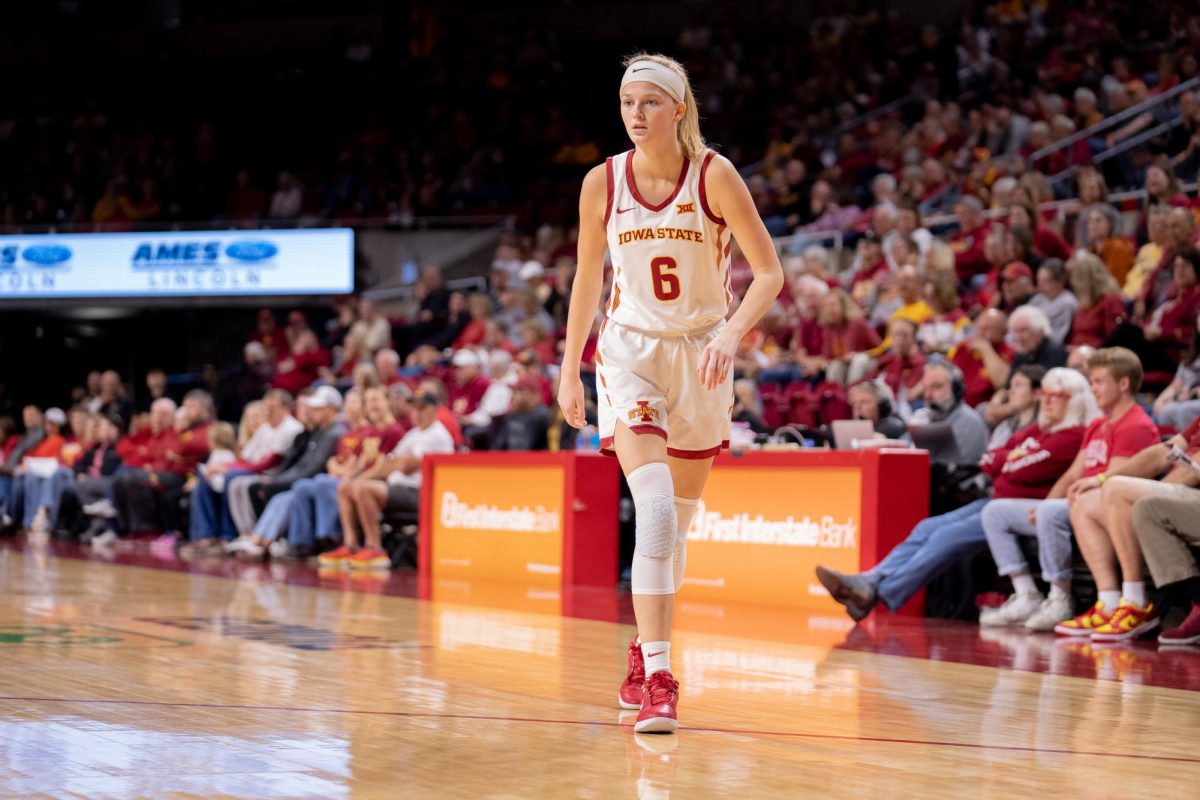TikTok may partner with Oracle after Microsoft loses bid
September 15, 2020
TikTok took the world by storm with over 1 billion downloads, but after President Donald Trump signed an executive order to ban the app, Oracle Corp. might now partner with TikTok.
The order stated TikTok will be prohibited in the U.S. on Sept. 20 unless the executive order is challenged in court or a U.S. company buys the app from ByteDance. Microsoft and Oracle both attempted to partner with ByteDance but Microsoft lost the bid to Oracle.
The app was created by ByteDance, a Chinese company. TikTok was originally known in the U.S. as an app called Musical.ly but was rebranded in 2017.
ByteDance recently sided with Oracle over Microsoft, leaving Oracle as the U.S. partner, just days before the Trump administration planned to ban the app in the U.S.
Oracle is an American multinational computer technology corporation. The company sells database software and technology.
Speculation has arisen about Oracle being the U.S. partner due to Trump’s political relationship with Oracle chairman and co-founder Larry Ellison.
Ellison has expressed his support of Trump and hosted a fundraiser earlier this year where donors who paid $100,000 were offered a chance to golf with Trump.
On Aug. 6, Trump released an executive order addressing the threat TikTok poses stating the app “threatens the national security, foreign policy, and economy of the United States.”
After Trump began to voice his wishes to ban TikTok, Microsoft and other major companies joined the discussion.
During a White House press conference Trump said, “[TikTok] will close down on September 20, unless Microsoft or somebody else is able to buy it and work out a deal.”
Trump indicated he wants Microsoft or any other company to buy all of the U.S. TikTok. “Look it can’t be controlled for security reasons by China…I don’t mind whether it’s Microsoft or a big company, a secure company, an American company. It’s probably easier to buy the whole company than 30 percent,” Trump said.
“It’s easy to see why Microsoft or another company wants to purchase TikTok, it’s easier to absorb something that is already made and successful versus having to start over and make a new application,” said Mack Shelley, Iowa State professor and chair of the political science department.
The Trump administration wanted to ban the app due to security issues, but that might not be the only thing to worry about.
There may be some international downsides to banning TikTok.
“By banning TikTok, it sends a political message to other countries that the U.S. has the technical capability to get rid of the app, which in turn shows other foreign companies that the U.S. can get rid of their technology as well,” Shelley said.
Sending a political message might make other countries likely to invest or trade in the United States.
“With the U.S. targeting one foreign organization other countries may become uncertain about investing in American and cause some tension with global trade and mistrust with foreign companies,” said Scott Feinstein, a political science assistant professor.
Banning TikTok might not only cause tension with China — it could also affect the global economy and other countries.
“This could also affect the global economy, especially during this pandemic,” Feinstein said. “Having two major producers pin against each other, China and the U.S., could reinvest or shift trade to other countries.”
TikTok made national headlines after many users signed up to attend Trump’s Tulsa rally only to not attend, leaving hundreds of open seats. Shortly after the rally, Trump proposed an immediate ban citing security as the main reason for the ban.
Some TikTok users believe Trump is using the ban for political gain for the upcoming election and to potentially use TikTok as another social media platform for his campaign ads.
“In the 2016 election, Trump used social media — Twitter, Facebook, etc. — to promote his campaign, if another U.S. company buys TikTok that creates another social media platform for him to use for political gain,” Shelley said.
After the ban was announced some users made humorous videos regarding the ban, while others went on TikTok live for wholesome goodbyes to followers and fans.
“I don’t like that Trump is banning TikTok because it has helped a lot of people in many different ways,” said Lexie Smith, a sophomore in criminal justice. “It has helped people become more confident and be able to express themselves. I don’t think banning it is the correct thing to do.”
Although it is unclear whether the partnership between Oracle and ByteDance will be approved before the Trump administration bans TikTok in the U.S., many TikTok users are hoping for a new app that could replace TikTok.
“I think that once TikTok gets banned another app will get made to replace it kind of like how TikTok replaced Vine,” said Samantha Brown, a freshman in biochemistry.







